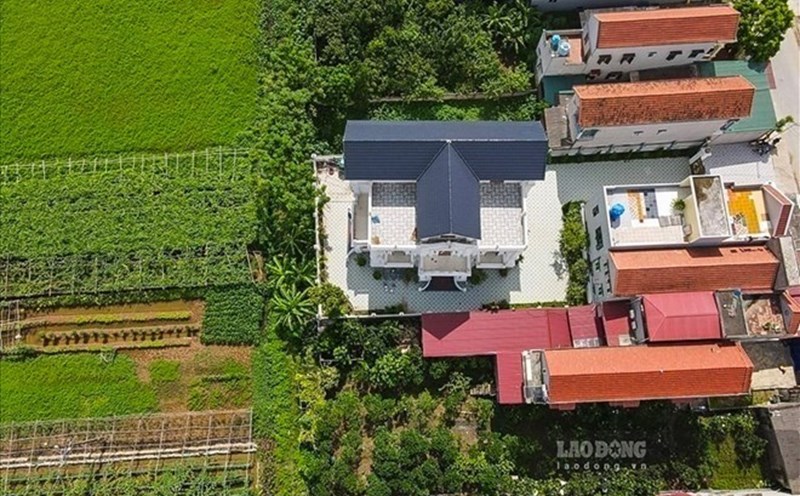Pursuant to Clause 1, Article 34 of the Law on Marriage and Family, No. 52/2014/QH13, common property of a husband and wife that the law stipulates must register ownership and use rights (such as land use rights), the certificate must record the names of both husband and wife, unless otherwise agreed.
Pursuant to Clause 1, Article 13 of Decree 126/2014/ND-CP, effective from February 15, 2015, the possession, use and disposition of common property agreed by the couple. If one party establishes a transaction related to the common property without the consent of the other party (except in the case of meeting the essential needs of the family), the other party has the right to request the Court to declare an invalid transaction.
Pursuant to Clause 1, Article 31 of the Law on Marriage and Family, No. 52/2014/QH13, the establishment, implementation, and termination of transactions related to a house as the sole residence of a couple must be agreed upon by both husband and wife.
Thus, if the red book is in the name of the couple whose husband and wife arbitrarily take a mortgage to borrow money from the bank without consent (signature) of the wife, this collateral is not legal. The spouse has the right to sue the Court to declare the mortgage transaction invalid. However, if the bank is a third party immediately and meets the conditions of protecting benefits as prescribed in Clause 2, Article 26 of the Law on Marriage and Family, No. 52/2014/QH13, the bank's rights may be protected.
Thus, if the bank clearly knows that this is common property but still accepts a mortgage without the husband's consent, the mortgage transaction may be declared invalid. In addition, if the bank is a third party in the short term, its rights can be protected according to the provisions of law.









